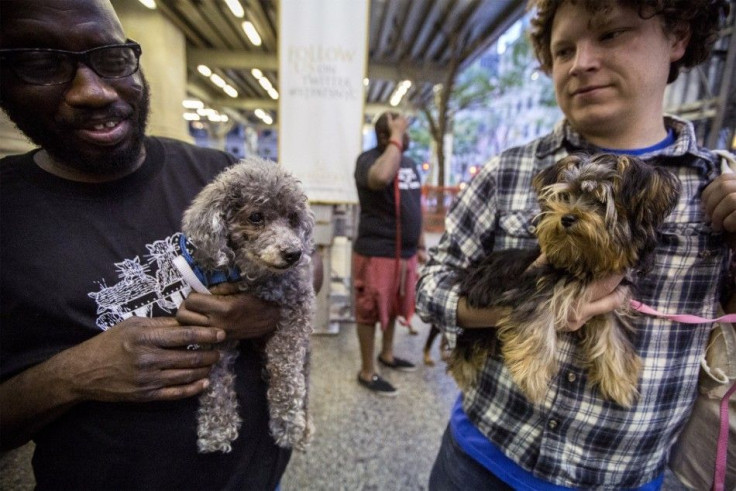Aussie labs experiment on live dogs, kill 100

Several laboratories across Australia are reportedly using live greyhounds for dental and drugs experiments. Thousands of these dogs have been used by various institutions, triggering strong reactions among researchers and others.
According to the Agriculture Victoria, around 6,000 dogs are used in experiments – ranging from surgeries to observations, every year. Victoria alone accounts for 1,800 such animals, says The Age, citing the report based on data from government departments in four states.
The report says live dogs were used by the University of Melbourne's dental school for surgical experiments and research papers, with six greyhounds subjected to dental implants in one experiment. These greyhounds were implanted under general anesthesia and then kept alive for three months before being killed for inspection of their jaws. There have also been cases of operating greyhounds with screws drilled in their skulls along with electrodes implanted in their brains in some laboratories, says the report.
Researchers involved in the University of Melbourne’s experiments saw the dogs suffering for several days as a result of the experiment in the laboratory. "The research was certainly not life-saving, as it was simply for human vanity,” Humane Research Australia Chief Executive Officer Helen Marston says, shocked on learning about the experiments.
In defense of the experiments, a Melbourne University spokesperson said that these experiments were aimed at enhancing patient care and simplifying patient treatment.
Such instances of using dogs for scientific experiments are not confined to Australia. The Mirror in UK has reported a horrific incident of dogs with open wounds being abandoned on the roof of a medical school in China after experiments. Citing a video posted on Chinese social media network by animal protection officials, it says there that there were some 20 other chained dogs also on the roof of Xi’an Medical University’s Weiyang campus in China’s Shaanxi Province, waiting to be experimented on.
Contact the writer at feedback@ibtimes.com.au or tell us what you think below.





















